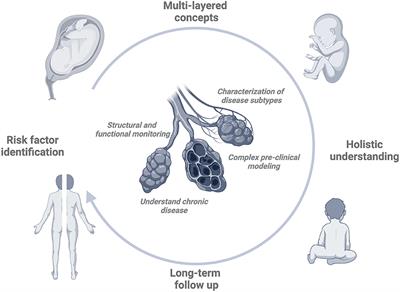EDITORIAL
Published on 07 Jul 2022
Editorial: Bronchopulmonary Dysplasia: Past, Current and Future Pathophysiologic Concepts and Their Contribution to Understanding Lung Disease

doi 10.3389/fmed.2022.922631
- 1,361 views
19k
Total downloads
88k
Total views and downloads
You will be redirected to our submission process.
EDITORIAL
Published on 07 Jul 2022

GENERAL COMMENTARY
Published on 21 Oct 2021

REVIEW
Published on 29 Jun 2017

REVIEW
Published on 22 May 2017

GENERAL COMMENTARY
Published on 02 Mar 2017
REVIEW
Published on 20 May 2016

GENERAL COMMENTARY
Published on 31 Mar 2016
REVIEW
Published on 23 Dec 2015
REVIEW
Published on 21 Dec 2015
REVIEW
Published on 10 Aug 2015
REVIEW
Published on 07 Aug 2015
REVIEW
Published on 30 Jul 2015
